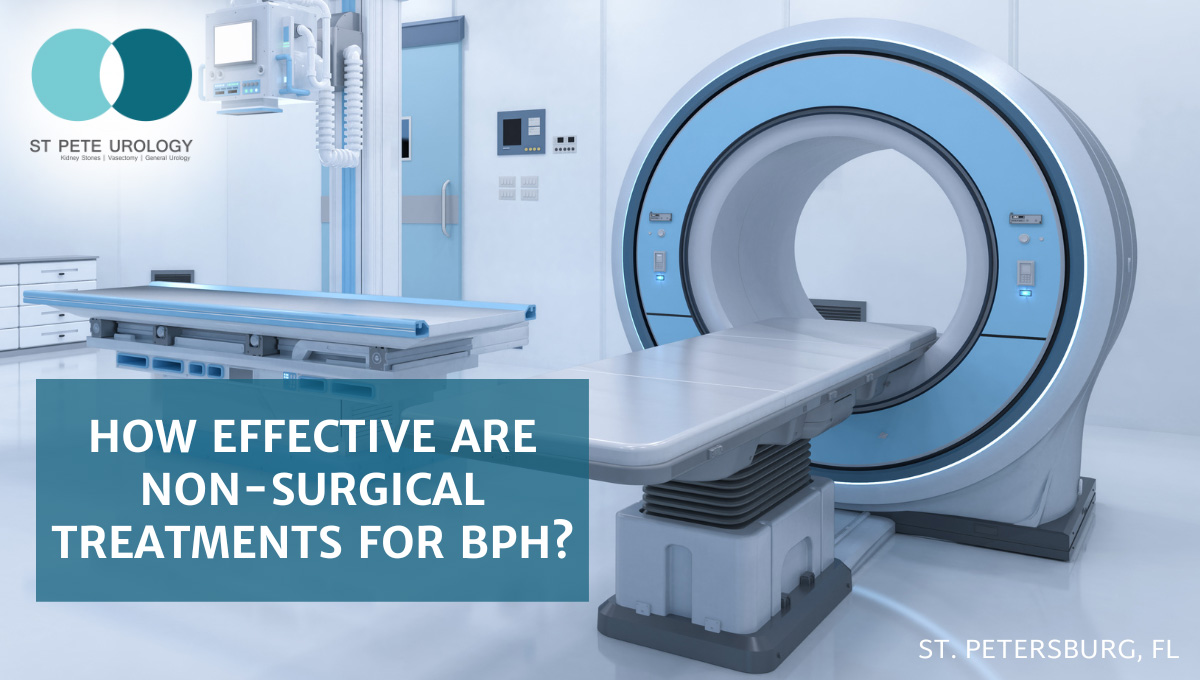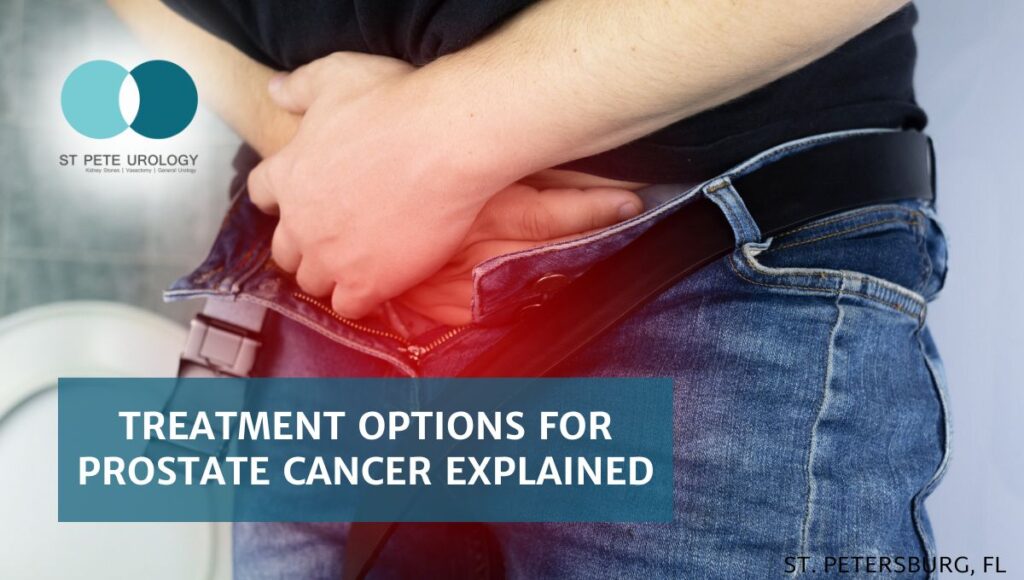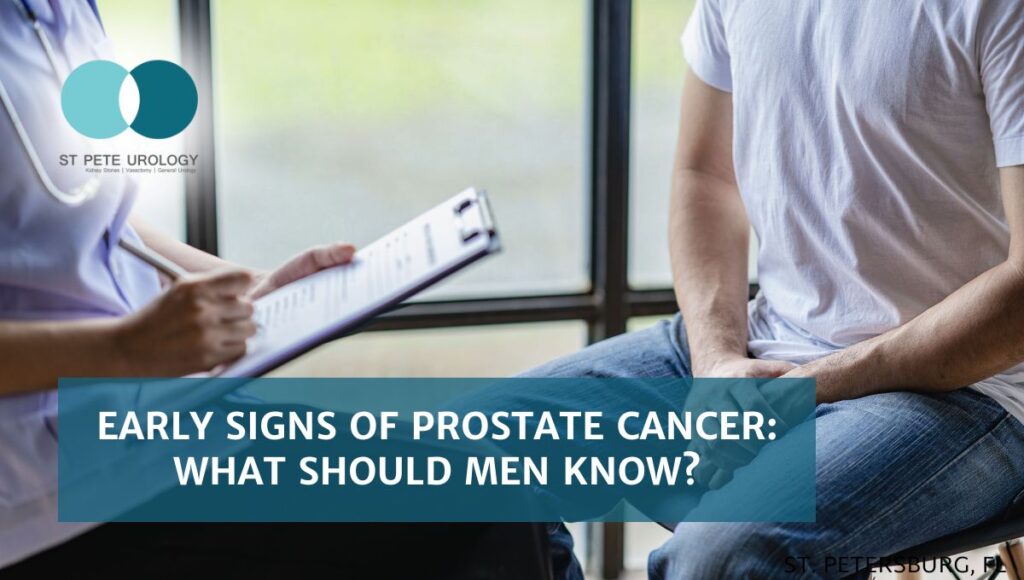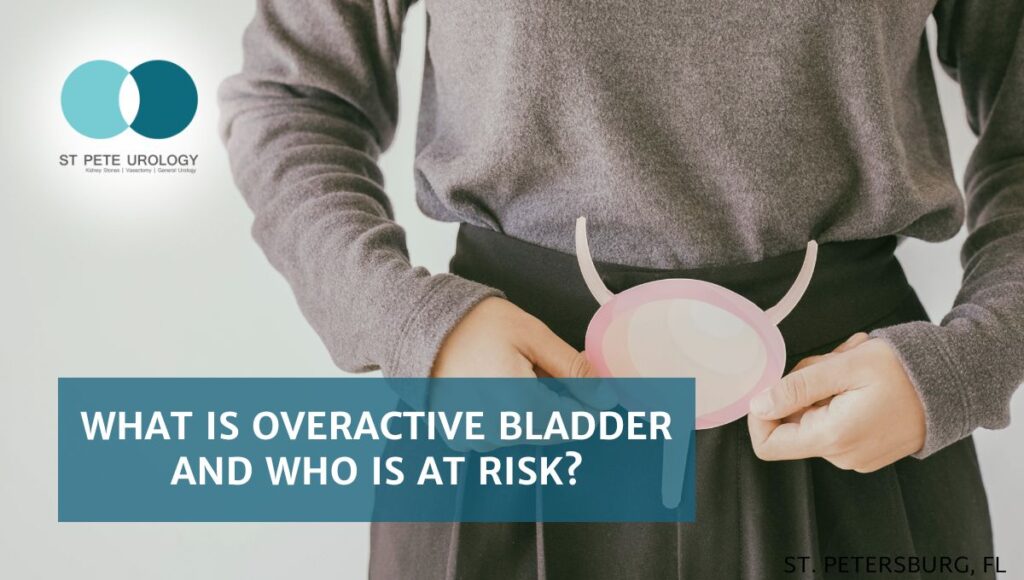3 Key Takeaways:
- Non-surgical treatments for BPH, such as medications, minimally invasive procedures, and other alternatives like prostatic artery embolization and herbal supplements, can be effective in managing symptoms and improving quality of life.
- The effectiveness of these treatments has been evaluated through rigorous clinical studies and research trials, with criteria such as improvement in urinary symptoms, increase in urinary flow rate, and reduction in post-void residual urine volume.
- While non-surgical treatments offer promising results, limitations such as patient selection criteria, individual variability in responses, and long-term efficacy and cost-effectiveness considerations should be taken into account.
 Let’s talk about benign prostatic hyperplasia (BPH), or enlarged prostate, an inconvenience that has affected too many lives. This common urological condition often requires dedicated management, leading to the question we are addressing: how effective are non-surgical treatments for BPH? It’s a pertinent question that needs an informed answer, and that is precisely what we aim to provide.
Let’s talk about benign prostatic hyperplasia (BPH), or enlarged prostate, an inconvenience that has affected too many lives. This common urological condition often requires dedicated management, leading to the question we are addressing: how effective are non-surgical treatments for BPH? It’s a pertinent question that needs an informed answer, and that is precisely what we aim to provide.
Overview of Non-Surgical Treatments for BPH
When it comes to non-surgical treatments for BPH, the options are piquantly assorted. First, there are medications. Alpha blockers and 5-alpha reductase inhibitors help to relax the prostate and reduce its size, often used in combination for greater effect.
Next, we have minimally invasive procedures. Transurethral microwave thermotherapy (TUMT), transurethral needle ablation (TUNA), and laser therapy form this triad, presenting less invasive alternatives that offer hope without a scalpel.
Finally, other non-surgical alternatives such as prostatic artery embolization (PAE) and, surprisingly, herbal supplements find their place in the roster.
Evaluating Effectiveness of Non-Surgical Treatments
We judge the effectiveness of these treatments on a platform of rigorous clinical studies and research trials. The gold standard: randomized controlled trials (RCTs), supplemented by systematic reviews and meta-analyses.
Our assessment criteria are clear: improvement in urinary symptoms, enhancement of quality of life, an increase in urinary flow rate and reduction in post-void residual urine volume, and mitigated side effects and complications. We also draw comparisons with surgical interventions like TURP and laser prostatectomy.
Findings and Effectiveness of Non-Surgical Treatments
Through rigorous evaluation, we’ve found that alpha blockers and 5-alpha reductase inhibitors, when applied in combination therapy, can significantly improve symptoms. The minimally invasive procedures, too, have shown promise, with TUMT, TUNA, and laser therapy offering good outcomes. Other non-surgical alternatives like PAE and herbal supplements present variable effectiveness, though their place in treatment shouldn’t be disregarded.
Limitations and Considerations
While the effectiveness of non-surgical treatments for BPH is promising, they are not without limitations. Patient selection criteria, variability in individual responses, and questions on long-term efficacy, durability, and cost-effectiveness should all be considered.
Conclusion
The journey of understanding these treatments is a complex one, revealing the hopeful promise of non-surgical interventions for managing BPH. These options offer relief to many men who suffer from an enlarged prostate, but it’s important to remember that the effectiveness varies among individuals.
As we look into the future of urology, we remain optimistic about advancements in non-surgical options for BPH treatment. And it is in this hope-filled landscape that we, at St Pete Urology, operate. Nestled in the heart of St. Petersburg, FL, our team of dedicated urologists have the skills, experience, and the relentless commitment to providing the best possible care for our patients. Whether you’re considering surgical or non-surgical treatments for BPH, your health and wellbeing are our priority. With St Pete Urology, you’re not just in capable hands, but compassionate ones, too.
References:
- “Transurethral microwave thermotherapy (TUMT).” https://www.mayoclinic.org/tests-procedures/tumt/about/pac-20384886.
- “Transurethral Needle Ablation of the Prostate (TUNA).” https://www.mercy.com/health-care-services/urology/treatments/transurethral-needle-ablation-prostate.
- “Prostatic Artery Embolization (PAE).” https://www.uncmedicalcenter.org/uncmc/care-treatment/urology/prostatic-artery-embolization/.





